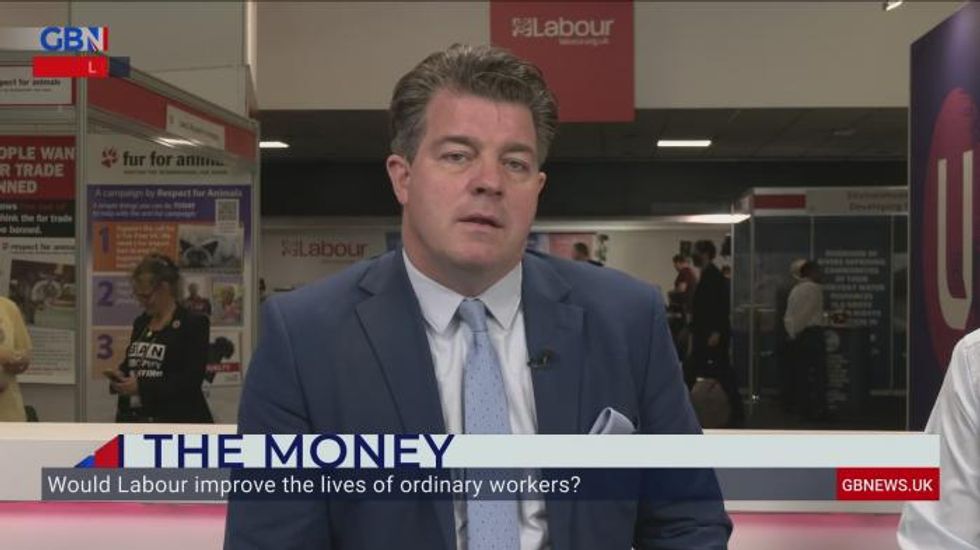Can Labour policies tackle unemployment fears?
Don't Miss
Most Read
Trending on GB News
Fuel prices are spiralling amidst broader concerns about a rising cost of living. Inflation will be at least 4 percent by the end of this year, says the Bank of England.
Many economists think prices will be going up even more.The Tories are scrapping the £20 uplift to universal credit, the all-in-one benefit that helps poorer families. That temporary pandemic measure ends on October 6th – a move anti-poverty campaigners fiercely resist.In just a few days’ time, the furlough scheme, in place since the Spring of 2020, finally ends completely.
The wage subsidy scheme, at various times over the last 18 months, has supported almost a third of the workforce. Around one and a half million workers remain on furlough – still a huge number. If their jobs end when the scheme folds in just a few days’ time, unemployment will double, reaching almost one in ten of the workforce – a return to the dark days of the early 1980s.This is indeed, for countless ordinary workers, an age of rising insecurity.
To what extent will Labour’s policies tackle such fears? Keir Starmer’s party opposes Tory National insurance rises - but is yet to pitch an alternative. Conservative social care reforms are rejected – but what will Labour do instead? Here in Brighton, Labour yesterday outlined a bold, unashamedly pro-business policy – vowing to scrap the business rates scheme.
But the party accepts furlough is ending, and many delegates here think Labour’s plans for a £10 minimum wage, not much more than the current minimum, are unambitious. As Labour looks to win votes, the party CLEARLY needs to balance a wide range of potentially conflicting interests – from big business to the trade union movement, from the well-heeled middle-classes to more vulnerable groups.
So today, On the Money is putting a question on the minds of many delegates here in Brighton.
Would Labour improve the lives of ordinary workers?









